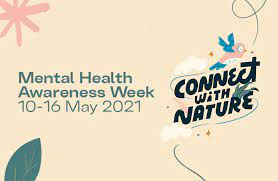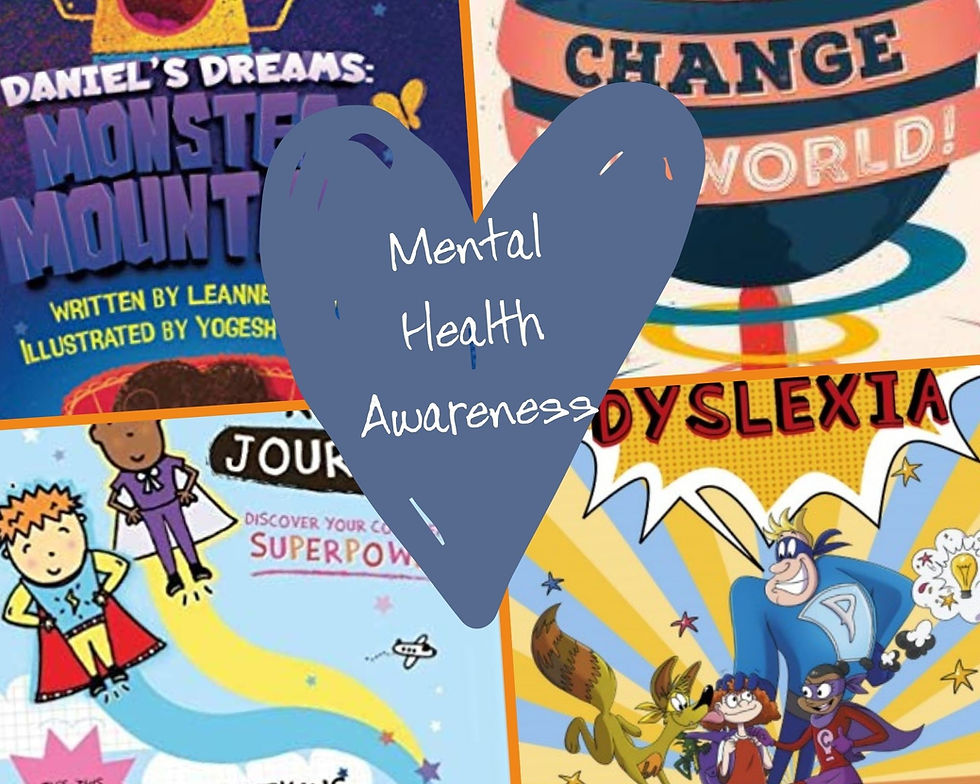
The 10th to the 16th May is Mental Health Awareness Week. We have all heard a lot about mental health over the past year, particularly in relation to the impact the global pandemic has had on our mental health. It’s probably safe to say that the pandemic has had a negative impact on each and every one of us in some way but the knock-on effect of the mental health implications will be far reaching and long-lasting.
The impact on Business
I have been spending a lot of my time writing about the impact of stress and sleep on our overall health and, for one project the focus has been to link this to our overall business performance – how can we carry on regardless as is often the way, and what toll will that place on our well-being sooner or later? The global situation has continued for over a year now, that is an awfully long time to be living in a heightened state of anxiety and goes against our body’s natural response to dealing with stress – for more info on that take a look here https://www.thehealthkick.co.uk/covid19-support
What about the children?
There has been specific reference to the impact on children’s mental health through these challenging times and as a parent and someone who, through my work, focuses on the physical and emotional health of children daily this has caused me some concern, particularly when children of the pandemic have been referred to as ‘a lost generation’.
In a quote UNICEF state: -
“UNICEF calls for averting a lost generation as COVID-19 threatens to cause irreversible harm to children’s education, nutrition and well-being - The longer the crisis persists, the deeper its impact on children’s education, health, nutrition and well-being. The future of an entire generation is at risk.”
Henrietta Fore UNICEF Executive Director
The lost generation
There has rightly been a move to avoid the term ‘the lost generation’ as this implies, the damage is irreversible. We know that once a child is ‘labelled’ they can adhere to that label but this generation of children are not ‘lost’ simply needing support, resources and a sensible approach. There is plenty that can be done to support children’s health and well-being going forward – no child should be a lost cause due to this global situation and the associated disruption.
According to the BMJ (British Medical Journal)
“The mental health of the UK’s children was deteriorating before the pandemic”
Young Minds – whose purpose is ‘To stop young people’s mental health reaching crisis point’ have been carrying out surveys and a response from 2,438 young people aged 13-25, between 26th January and 12th February 2021 shows: -
67% believed that the pandemic will have a long-term negative effect on their mental health.
With lockdown restrictions being lifted one may assume that levels of mental health issues may stop increasing but I fear not, we simply cannot shake off the past year, for all of us, it has been incredibly disruptive but for many it has been a living nightmare and we don’t just bounce back from that, especially at such critical points in development.
Education
Of course, our schools play a big role in this transition but the attitude of the education secretary, Gavin Williamson stating that “children have lacked discipline and order during lockdown” is frankly, alarming as is the notion of ‘behaviour hubs’. What children need is support, indeed Mark Russell, Chief Executive of the Children’s Society states he doesn’t find
“any evidence that their behaviour is worse and our practitioners report that on the whole young people have been relieved to get back inside the classroom”. But, he says, there is strong evidence that: “The pandemic has been harmful to children and young people in so many ways. It has left many feeling isolated, missing friends and family and more exposed to risks both inside and outside the home.”
Children cannot thrive in education when they feel overwhelmed emotionally, simply turning a blind eye to the impact of the pandemic will do them much more harm.
How can we support children?
There is a lot of support out there and many practitioners have the right approach, support the child’s mental health first and foremost, they all have their own individual lockdown experiences, let them own them, don’t belittle them by brushing them aside or downplaying them.
Over on my social media I am showcasing some amazing authors who specially have books and resources to support children’s mental health – please take a look at them – here’s a sneak preview of some of the books: -
Monster Mountain - Leanne Brown
You Can Change the World - Margaret Rooke
The Can do Kids Journal - Sue Atkins
Mission Dyslexia - Julie McNeill
For a more detailed look at a host of amazing authors supporting children take a look at The Sue Atkins Book Club https://sueatkinsparentingcoach.com/sues-parenting-book-club/

There’s also a lot of free resources available on line such as
I also did an episode for Eary Years TV on the impact of lockdown on children’s activity (or lack of) and the subsequent clumsy (polite way of describing) approach to childhood obesity from Tam Fry of the National Obesity Forum – calling for children to ‘lose their lockdown weight’
Nature and Mental Health

As the theme is nature and we know that being close to nature is crucially important to our physical and mental health here's some additional resources specifically around engaging with nature: -
This really is a huge subject and not one that will be going anywhere – please keep a look out during May for my Mental Health theme on social media. If you want to take a look at some further reading on 'The Science of Happiness' here's an article I wrote recently for The Business Bulletin https://business-bulletin.co.uk/the-science-of-happiness

Louise Mercieca
Nutritional Therapist
Personal Trainer
Award-winning Author
Food & Health Writer
Presenter on Early Years TV Food
Keynote speaker
www.thehealthkick.co.uk
コメント